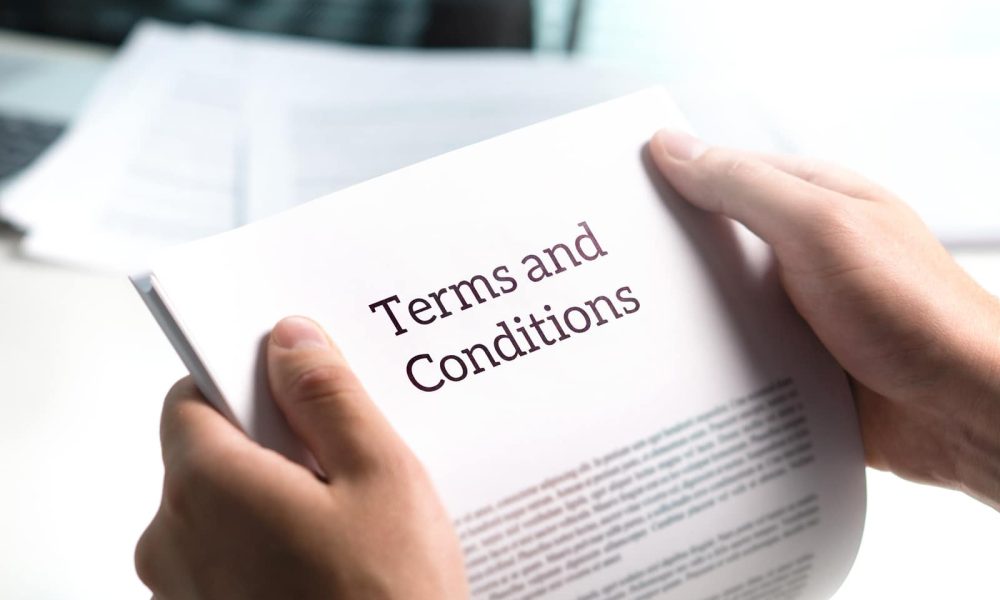The laws governing real estate transactions vary from state to state. These laws afford different requirements and protections for buyers and sellers and regulate how properties can be sold and foreclosed upon. Two such important regulations are lien theory and title theory.
What is Title Theory?
In a title theory state, banks or mortgage lenders hold the title to a property until the mortgage is paid in full, at which point the title is transferred to the borrower. The title is held through a deed of trust, which is simply an agreement between a home buyer and a lender that states the mortgage lender will hold the legal title to the property until the loan is paid in full. A deed of trust is used in some states instead of mortgages. In the event the buyer fails to pay off the loan, the lender can begin foreclosure proceedings and take the property in order to sell it and recoup the money.
What is Lien Theory?
In lien theory states it is exactly the opposite. The home buyer holds the title to the property during the term of the mortgage, which essentially becomes a lien on the property that goes away when the loan is paid in full. An attempt to sell the property before the mortgage is paid off will show the lien in a title search. This lien allows the lender to claim enough of the sale income to satisfy what is left on the loan before releasing the lien, which will clear the title and allow the sale to go through.
Florida is a Lien Theory State.
As a lien theory state, there are pros and cons for Florida. Generally speaking, foreclosures in title theory states are handled by a third-party trustee, not the courts. Foreclosures are more difficult for the lender in lien theory states because they do not hold the title to the property.
In most cases, title theory states make it easier for lenders to foreclose on a property in default because they own the title to the property.
However, in lien theory states, lenders must go to court to either take the title to a property or force a sale in the event that a borrower defaults on the loan. In this way, lien theory states offer slightly more protection for the property owner against foreclosure than title theory states.
Why Does It Matter?
If you are buying or selling property in a different state from the one in which you live, it is important to know if that state is a title theory or a lien theory state, especially if it differs from your state. It’s a good idea to know what structure they go by so that you are not caught off guard by the differences and will know what to expect during your real estate transaction.
How Do I Know Which Theory Applies in My State?
This article contains a list of which states are title theory and which states or lien theory. Also, you could check with your title officer at the time of your purchase or sale to verify the current practice in your state. However, your real estate lawyer is always your best resource in all homebuying matters and can fully advise you on the legal circumstances relating specifically to your intended purchase or sale.
Contact Florida Bar Board-Certified Attorneys David E. Klein, Esq. and Guy Rabideau at Rabideauklein.com. They have the expertise and experience you need to ensure that your interests are protected throughout your real estate transactions in the Town of Palm Beach, across the Palm Beaches and throughout Florida. Contact Rabideau Klein today to discuss the legal implications of your Florida property transactions.

